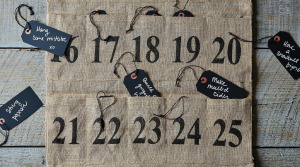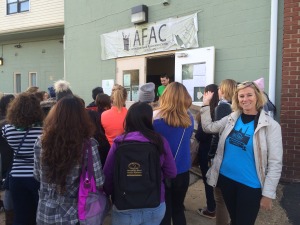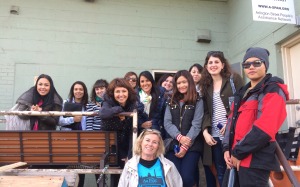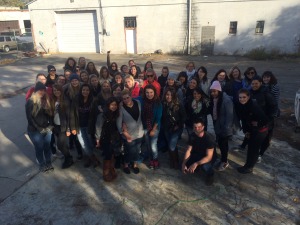Hanukkah , also known as the Festival of Lights, Feast of Dedication, is an eight-day Jewish holiday commemorating the rededication of the Holy Temple (the Second Temple) in Jerusalem at the time of the Maccabean Revolt against the Seleucid Empire of the 2nd century BC. Hanukkah is observed for eight nights and days, starting on the 25th day of Kislev according to the Hebrew calendar, which may occur at any time from late November to late December in the Gregorian calendar.
This year Hanukkah begins in the evening of December 16th and ends in the evening of December 24th.
The festival is observed by the kindling of the lights of a unique candelabrum, the nine-branched menorah or hanukiah, one additional light on each night of the holiday, progressing to eight on the final night. The typical menorah consists of eight branches with an additional visually distinct branch. The extra light is called a shamash and is given a distinct location, usually above or below the rest. The purpose of the shamash is to have a light available for practical use, as using the Hanukkah lights themselves for purposes other than publicizing and meditating upon Hanukkah is forbidden.
Other Hanukkah festivities include playing dreidel and eating oil based foods such as doughnuts and latkes.
Hanukkah became more widely celebrated beginning from the 1970s, when Rabbi Menachem M. Schneerson called for public awareness of the festival and encouraged the lighting of public menorahs.
Every year on the White House Ellipse in Washington DC,there is a Lighting Ceremony.It is a free event but tickets are required.This year it will be held on December 16th at 4:00pm (http://nationalmenorah.org/)
Courtesy of Wikipedia










 Young babies should be kept out of direct sunlight. Keep the baby in the shade or under a tree, umbrella or stroller canopy.
Young babies should be kept out of direct sunlight. Keep the baby in the shade or under a tree, umbrella or stroller canopy. Sunday June 15th is Father’s day and with kids either out of school or almost done,here are some ideas for you to share on time to surprise dad on Sunday!
Sunday June 15th is Father’s day and with kids either out of school or almost done,here are some ideas for you to share on time to surprise dad on Sunday!